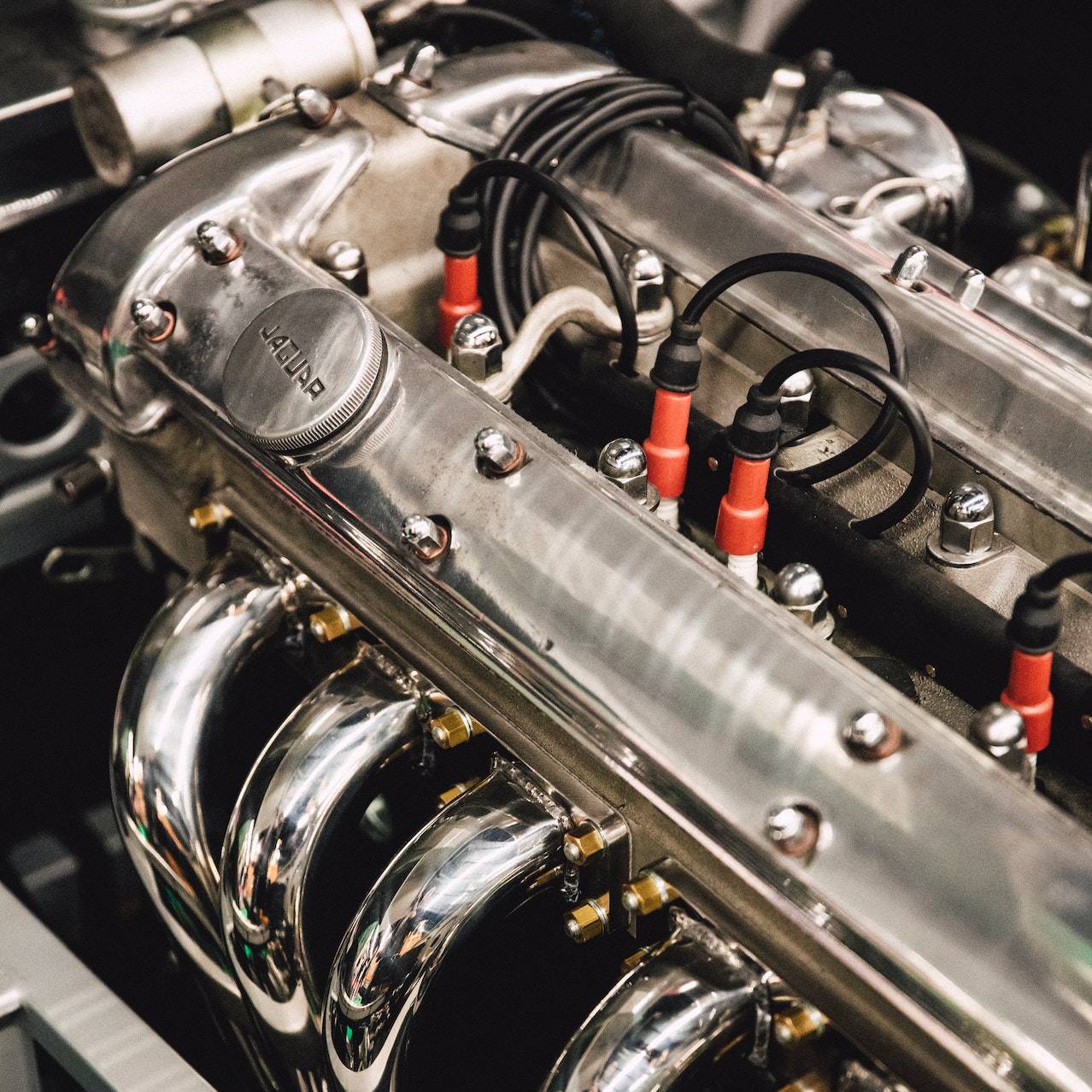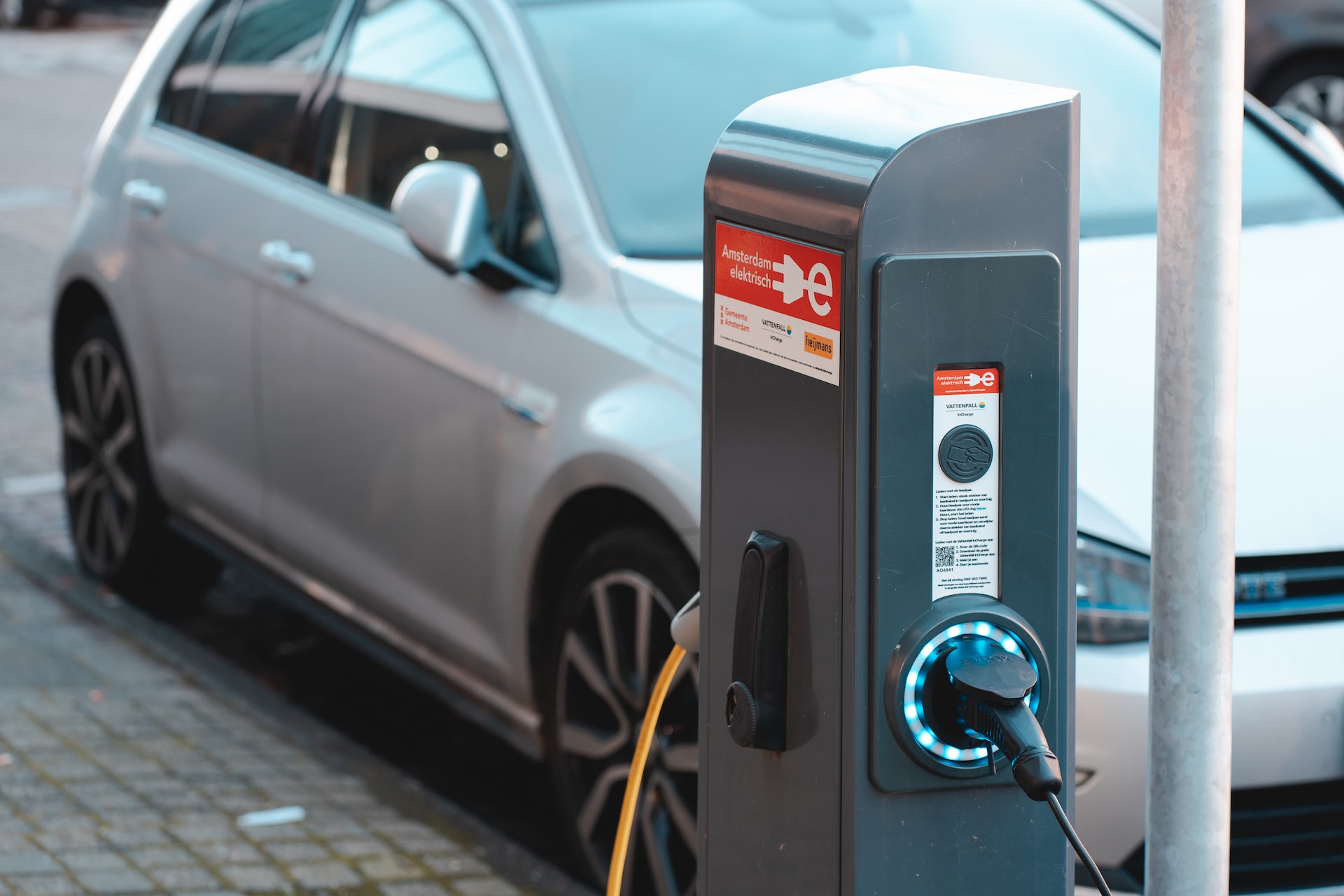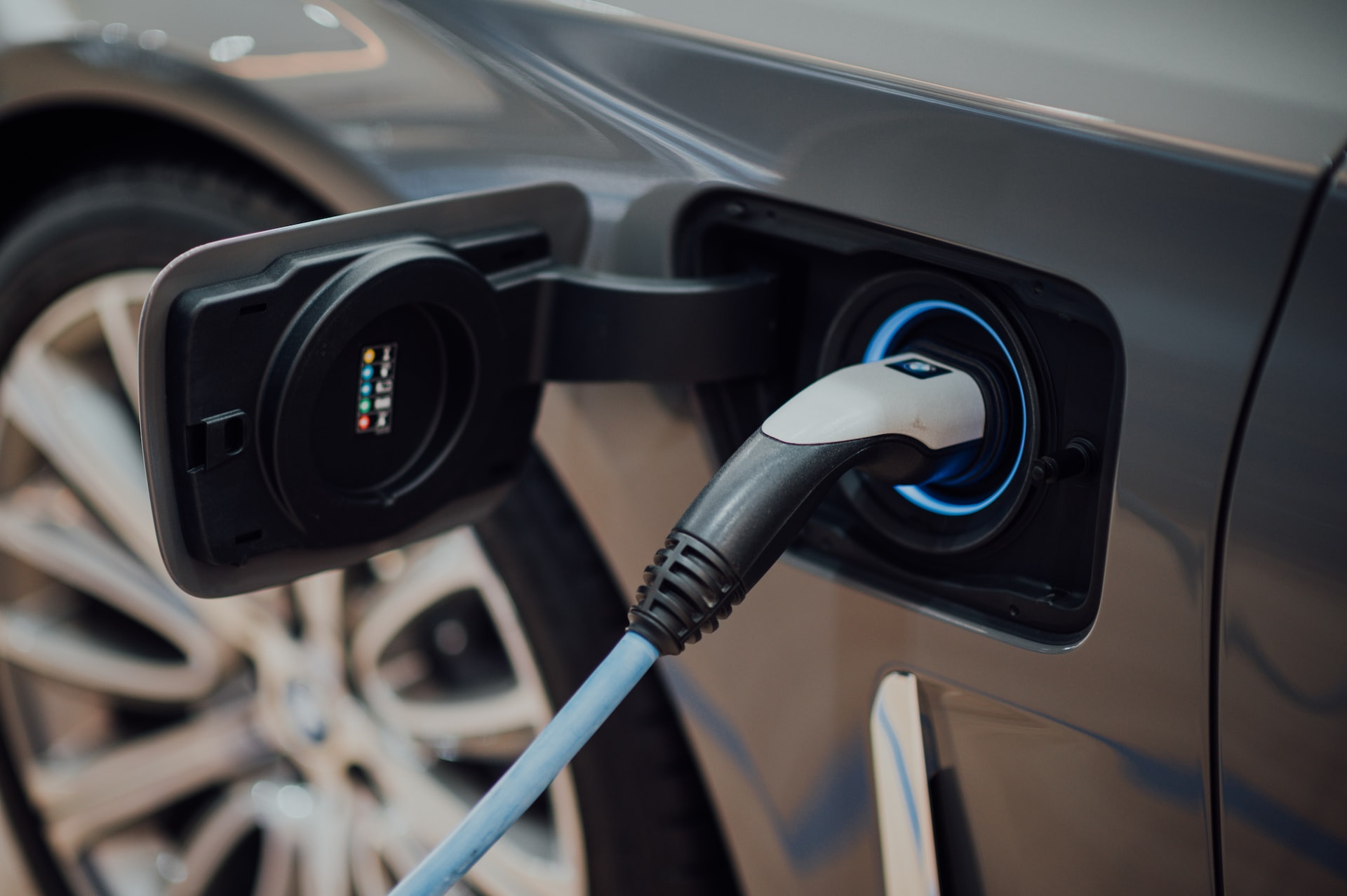Buying a new car
If you are in the market for a new vehicle, there are a range of factors you might consider, including:
- vehicle size
- how much money you want to spend
- the type of driving you'll be doing
- potential environmental impact
- fuel type – petrol, diesel, hybrid and electric.
Petrol and diesel vehicles – fuel efficiency
- Advances in vehicle technology are helping to make petrol and diesel cars more fuel efficient. Miles per gallon (MPG) is the standard rating for a car's fuel economy and specifies how far the car can travel on a gallon of petrol (4.5 litres). The higher the MPG, the less fuel is needed to power the car. Generally speaking, 50-60MPG is seen as an efficient car, with a vehicle becoming less efficient as the rate decreases.
- Diesels tend to be more fuel efficient than petrol, making them more economical for long journeys. They also generally offer more power, meaning they may be a better choice if you need a larger vehicle or expect to regularly tow and/or carry a heavy load.

Petrol and diesel vehicles – impact on the environment
- Diesel vehicles have higher particulate emissions than petrol cars and older vehicles may not be compliant when travelling into Low Emission Zone (LEZ) in Scotland’s cities.
- Petrol cars, on the other hand, have higher carbon dioxide emissions.
- Both petrol and diesel vehicles emit greenhouse gases which contribute to climate change.

Hybrid cars
Hybrid vehicles use both a traditional internal combustion engine and an electric motor. Particularly for commuting in cities, hybrid vehicles are significantly cleaner and more fuel-efficient than cars with traditional engines.
While hybrid vehicles use an internal combustion engine as the main means of powering the car, the MPG rating of these vehicles can greatly exceed a car with a traditional engine if used for regular short journeys and regularly charged at home.
The main types of hybrid vehicles include:
Mild hybrid vehicles: usually the cheapest and have a small battery and electric motor that helps the internal combustion engine but can’t propel the car on its own.
Full hybrid vehicles: offer better fuel efficiency and have a larger battery and electric motor that can power the car on its own for short distances.
Plug-in hybrid vehicles: the most expensive type of hybrid car but also offer the greatest fuel efficiency and emissions reductions. They have a large battery that can be charged using an external power source and can be driven for extended periods in all-electric mode.

Electric Vehicles
Electric vehicles – fuel efficiency
The technology found in electric vehicles, their batteries and charging equipment is continually evolving and improving. This means that battery capacities and mileage of EVs are increasing. Also, the time required to charge them is decreasing. Plus, there is an expanding network of publicly available charge points across Scotland.
Electric vehicles – impact on the environment
A fully electric car runs solely on electricity and produces no emissions while in use. They are also cheaper to run and there are no LEZ restrictions for fully electric vehicles.
Alternatives to driving
For some journeys, public transport or active travel maybe an option worth considering.
Should I buy a new or used car?
Holding on to something for longer is usually the environmentally friendly option. This is not always the case when it comes to cars.
All vehicles have an environmental impact when they are made and buying a used car means one less new car on the road. It also increases the lifespan of a vehicle that may otherwise be scrapped.
That being said, an older, used car with a low MPG will probably not be an environmentally sound choice. If you are in the market for a new or used vehicle then it is important to consider the vehicles age, fuel type and emissions data.
We have more information on ways to be a greener driver, as well as information on car sharing walking, cycling, as well as using public transport to help you make the greenest choices possible when traveling.
